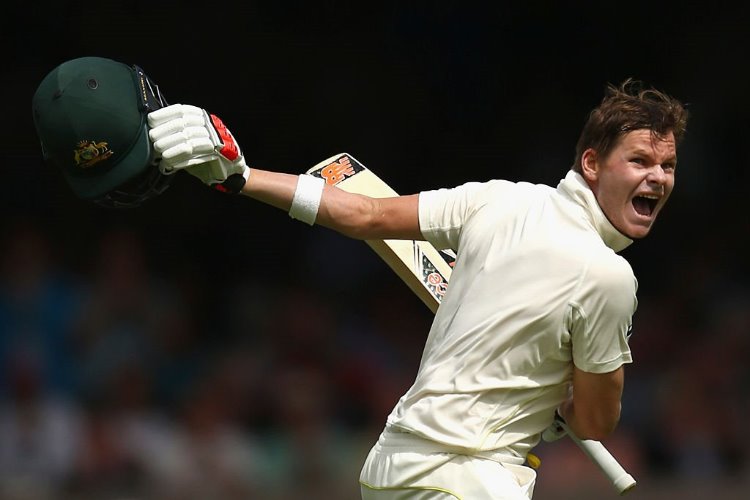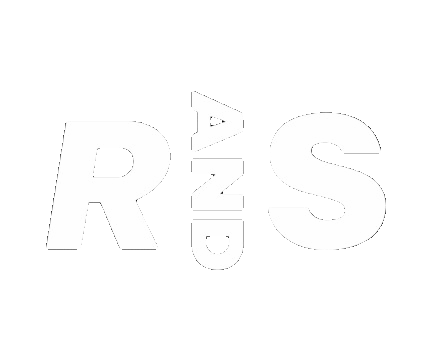3 minute read
Cricket Australia's chief sports scientist says it would be an overreaction to force players to automatically sit out the rest of games after a head knock.

Cricket Australia's sports medicine boss is comfortable with the way Steve Smith's concussion was handled, saying it would be an overreaction to enforce players sitting out the rest of the game if struck in the head.
Smith is in doubt for the third Ashes Test after being substituted out of the second Test at Lord's with delayed concussion symptoms.
Australia's most important batsman retired hurt after being struck by a Joffra Archer bouncer on day four, then returned to bat after passing concussion tests.
Smith woke up on Sunday's fifth day with a headache and other symptoms, prompting Australia to replace him with Marnus Labuschagne - international cricket's first concussion substitute after the policy was introduced at the start of this series.
That Smith was allowed to resume his innings raised eyebrows, but CA's sports medicine manager Alex Kountouris noted about 30 per cent of concussions did not present symptoms immediately.
"The reality is that only about one in five or one in six head impacts end up being concussions," he told reporters on Monday.
"So we just need to monitor them and we have a good protocol in place.
"If you look at that game, there was three other head impacts and only Steve developed a concussion.
"If we pulled out every player who had a head impact, we'd be pulling out 80 per cent of players who don't have a concussion. That would be an overreaction."
Kontouris said Australia's team doctor Richard Saw, who assessed Smith both on and off the field, was an expert in dealing with concussions and had the final say in whether players should return to play under CA's protocols.
The International Cricket Council has not sought to make it a requirement to have independent doctors in place, and Kontouris said CA was comfortable with the status quo.
Meanwhile, brain injury charity Headway believes cricket may need to look again at its concussion protocols after they say Smith put himself in an "incredibly dangerous" position at Lord's when he was allowed to resume his innings less than an hour later having passed concussion testing.
"The reaction time of a batsman facing a 90 mph-plus delivery is incredibly small and yet it is absolutely vital they are fully concentrated," said Headway's deputy chief executive, Luke Griggs.
"With concussion the vision can be blurred and the brain can be slow at processing information. That leads to delayed reaction times and is just incredibly dangerous."
There is no mandated minimum time on the sidelines beyond the initial 24 hours but Smith remains highly unlikely to recover in time for the third Test that starts in Leeds on Thursday.







